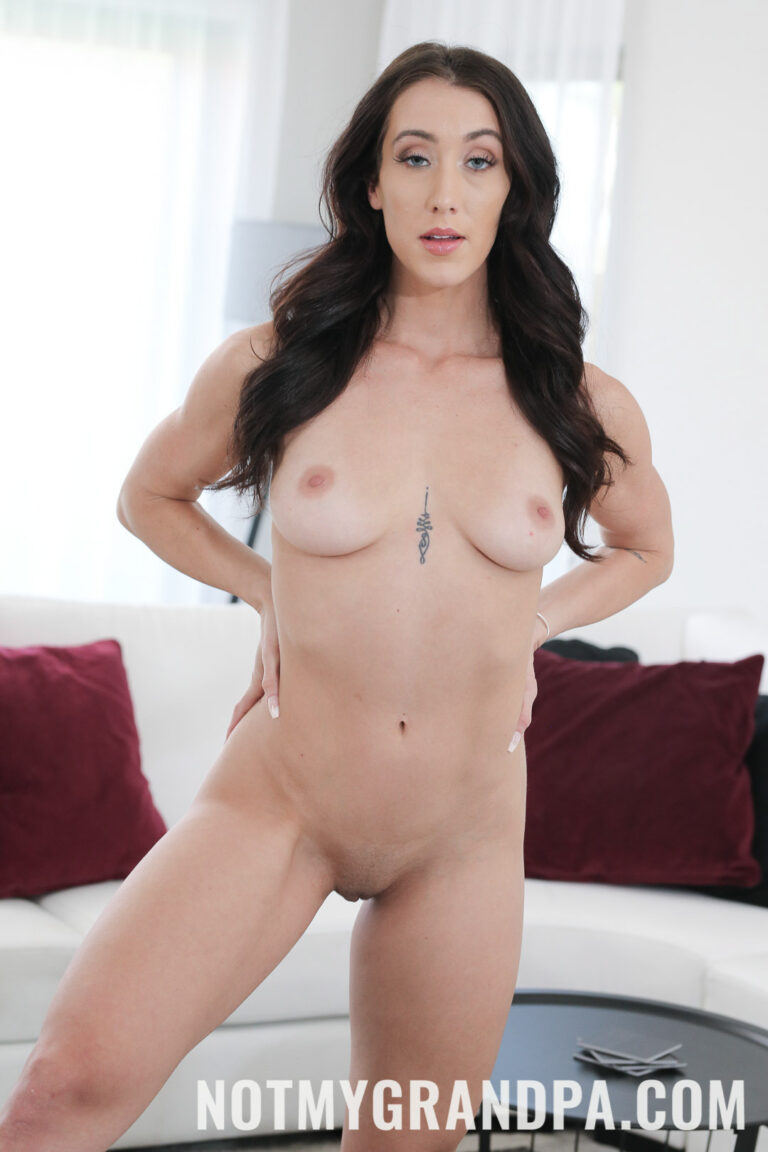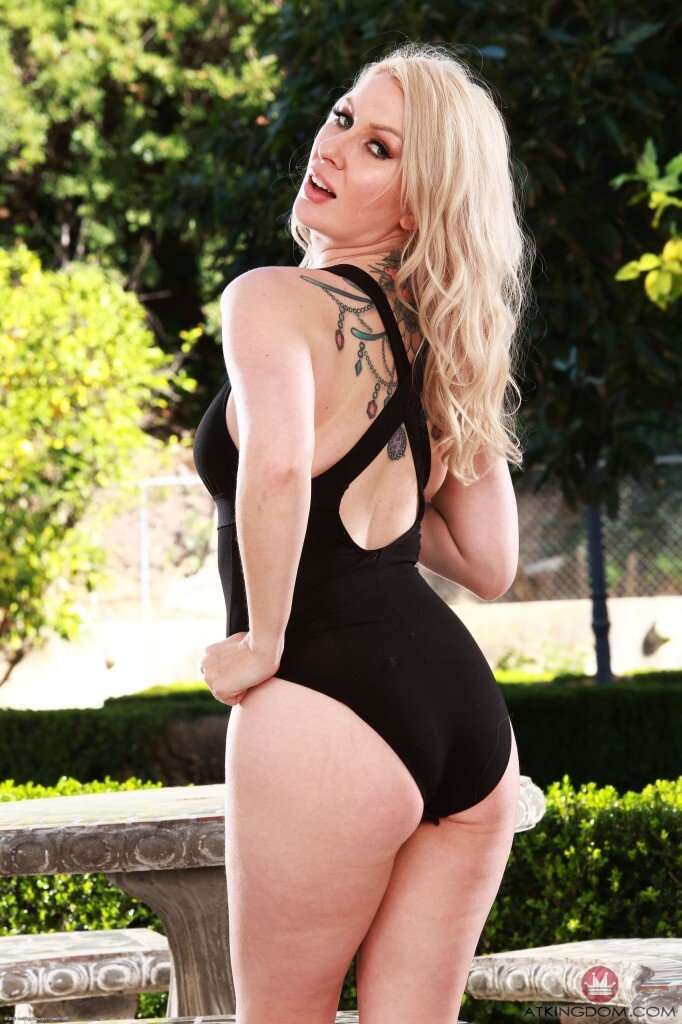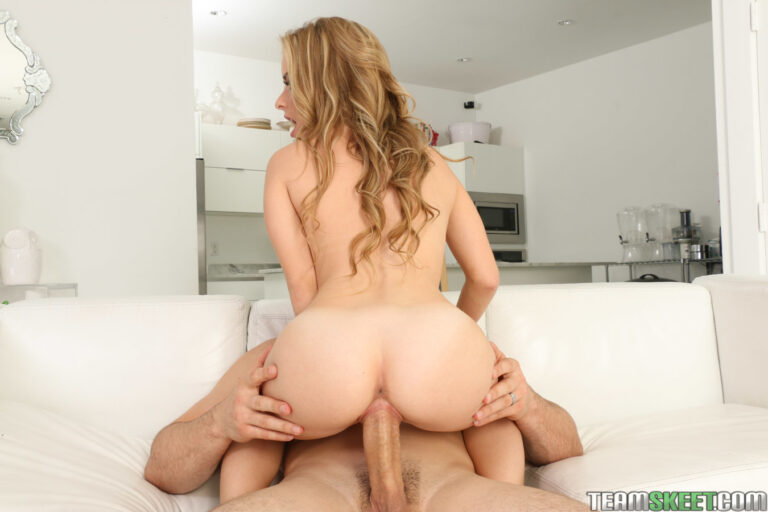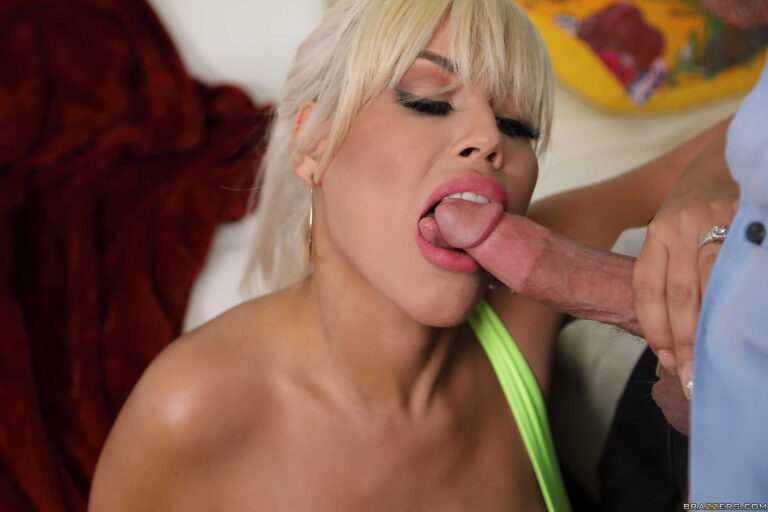Exploring the World of Erotic Literature: A Look at the Allure and Impact of +18 Stories
Erotic literature, also known as +18 stories, has been a popular form of entertainment for centuries. From the racy tales of ancient Greece to the steamy romance novels of today, erotic literature has captured the imagination of readers and sparked debate about its impact on society. In this article, we will explore the world of +18 stories, examining their allure, their cultural significance, and the ways in which they differ from other forms of adult content, such as pornography.
First, let’s define what we mean by “erotic literature.” At its core, erotic literature is any written work that is intended to arouse the reader sexually. This can include everything from steamy romance novels to graphic depictions of sexual acts. The key distinguishing factor between erotic literature and other forms of adult content, such as pornography, is that erotic literature uses words and imagery to stimulate the imagination, rather than relying on explicit visuals.
So why is erotic literature so alluring? For many readers, the appeal lies in the ability to explore their fantasies in a safe and consensual way. Erotic literature allows readers to escape into a world of pleasure and desire, free from the constraints and judgments of real life. Additionally, because erotic literature relies on the power of the written word, it can be more nuanced and thought-provoking than other forms of adult content. A well-written erotic story can explore complex themes of desire, power, and intimacy, providing readers with a deeper understanding of their own sexuality.
But what about the cultural significance of erotic literature? Is it simply a form of entertainment, or does it have a deeper meaning? Many scholars argue that erotic literature has played an important role in shaping our cultural attitudes towards sex and sexuality. For example, the popularity of Victorian-era erotic literature helped to challenge the strict moral codes of the time, and paved the way for the more sexually liberated attitudes of the 20th century. Similarly, the rise of feminist erotica in the 1970s and 80s helped to challenge traditional gender roles and promote a more equal and consensual sex videos approach to sex.
Of course, like any form of media, erotic literature is not without its controversies. Some argue that it can promote unrealistic and harmful attitudes towards sex, or that it can be used to exploit and objectify women. However, others argue that, when approached responsibly, erotic literature can be a powerful tool for exploring and understanding our own sexuality.
In conclusion, erotic literature, or +18 stories, offer a unique and captivating form of entertainment that allows readers to explore their fantasies and deepen their understanding of their own sexuality. While it may not be for everyone, it has played an important role in shaping our cultural attitudes towards sex and sexuality, and will continue to do so for generations to come.







